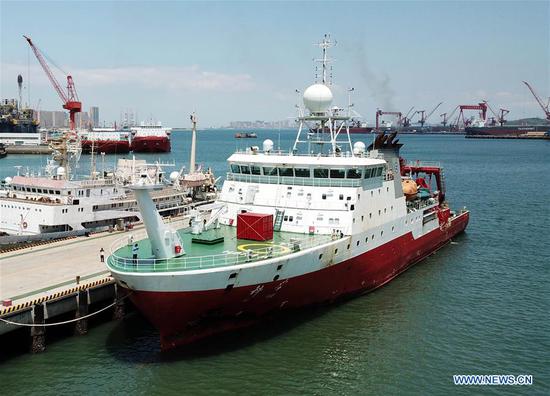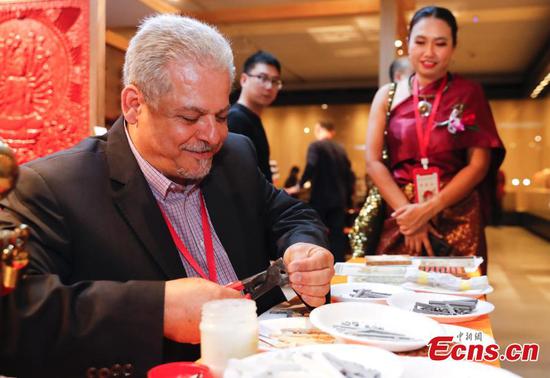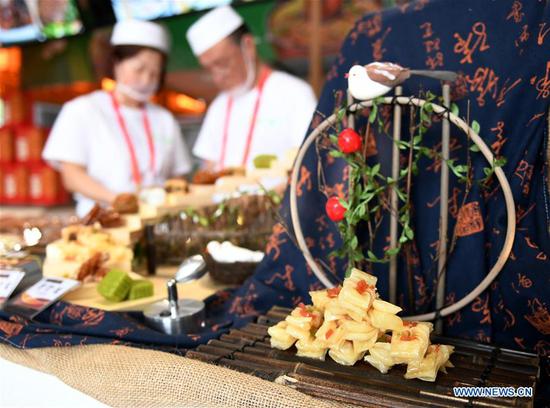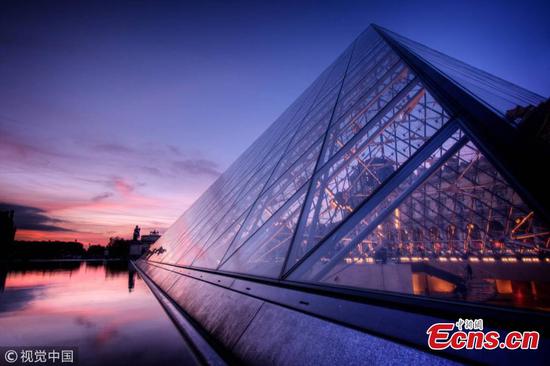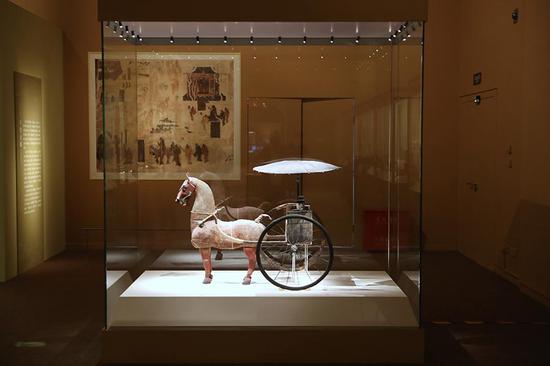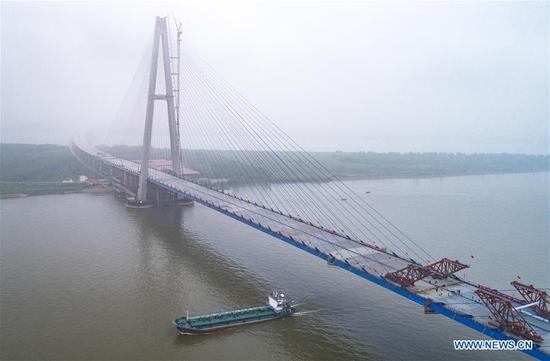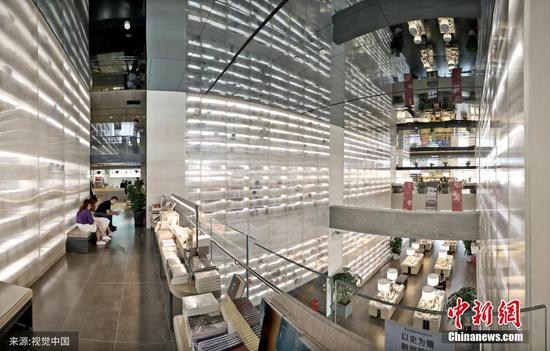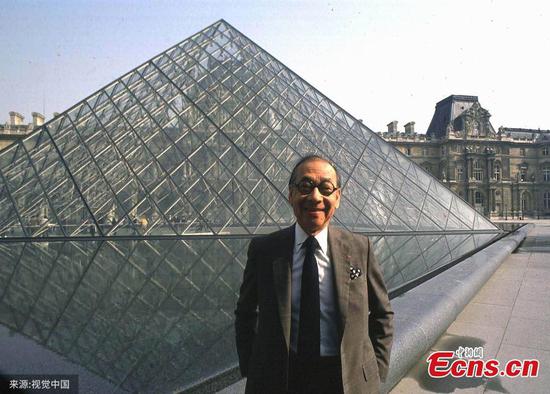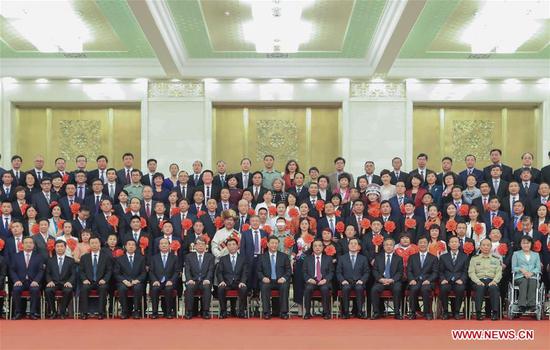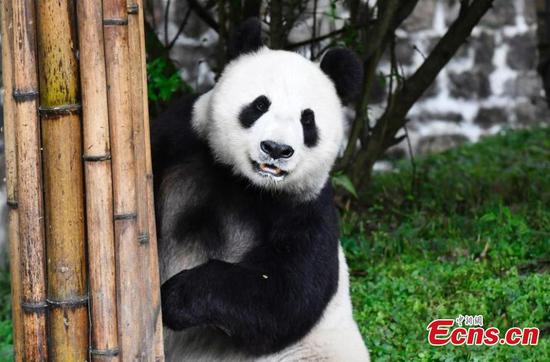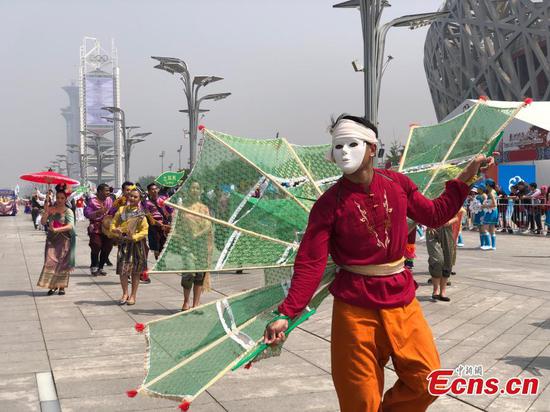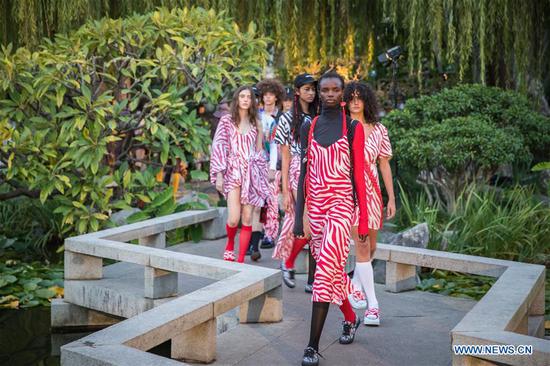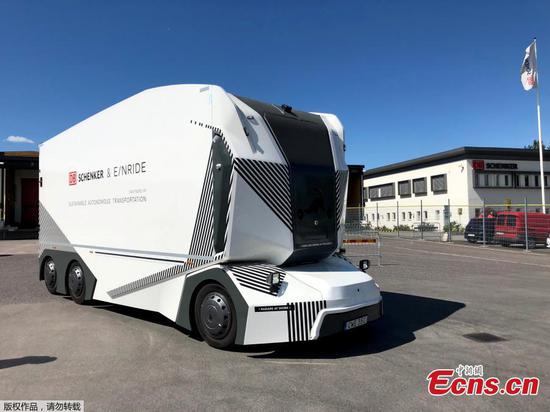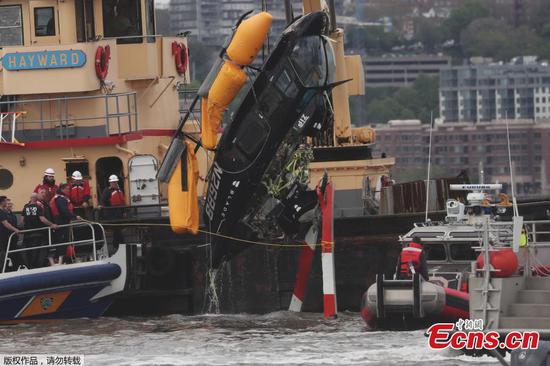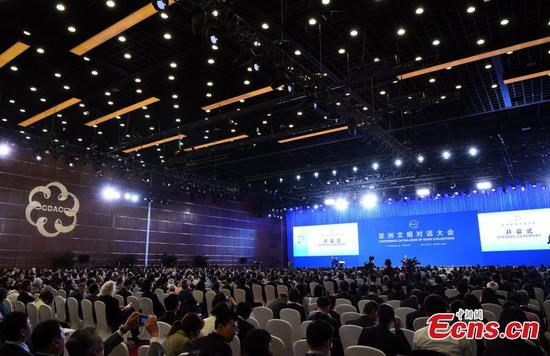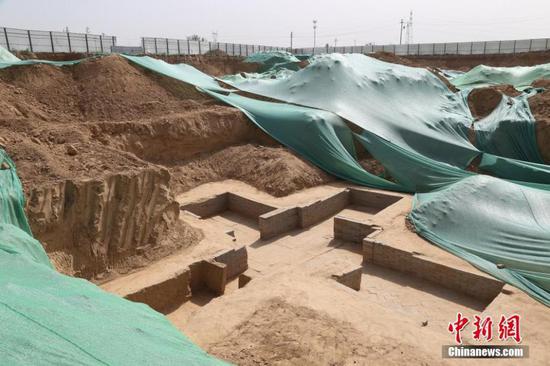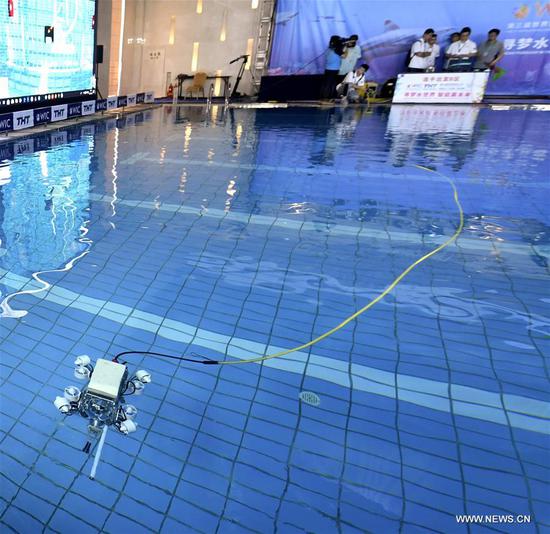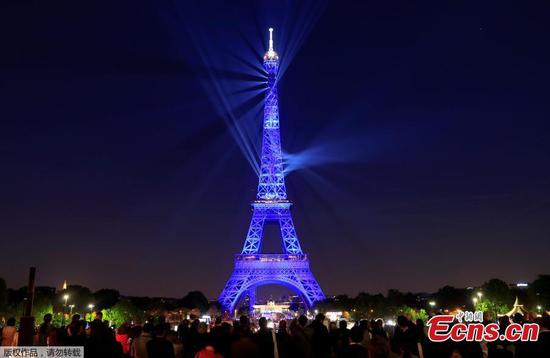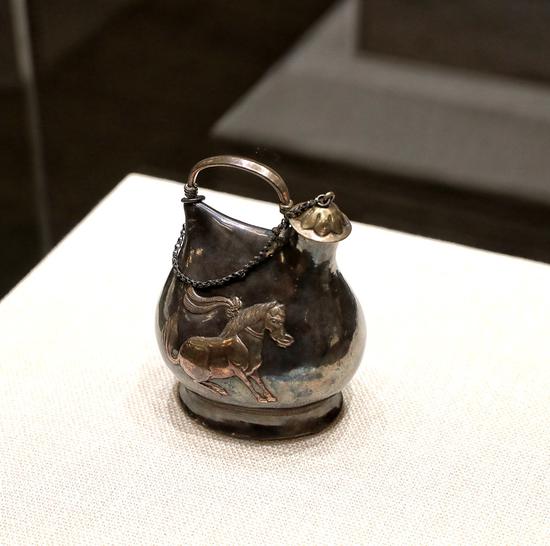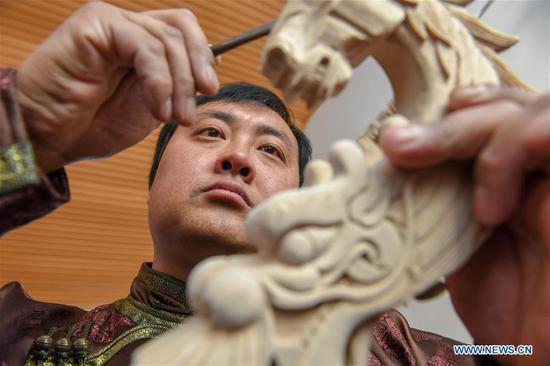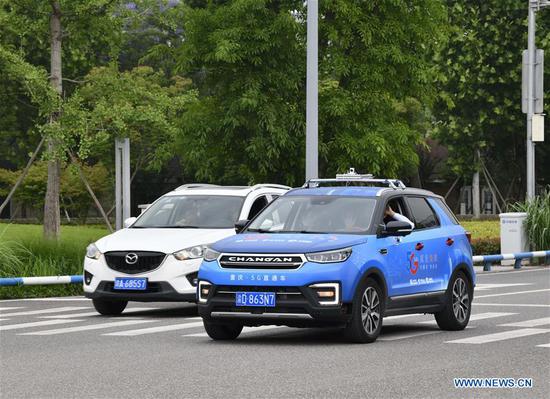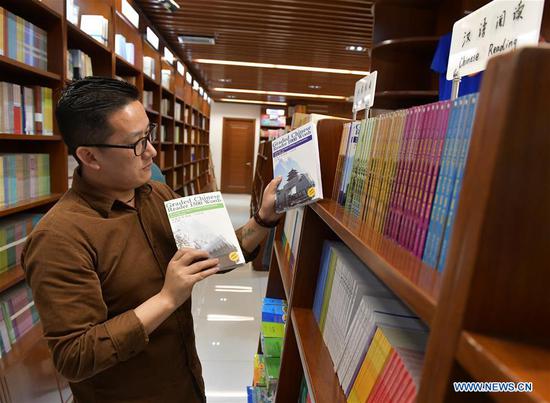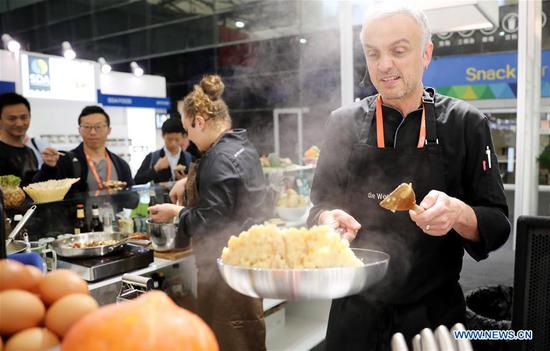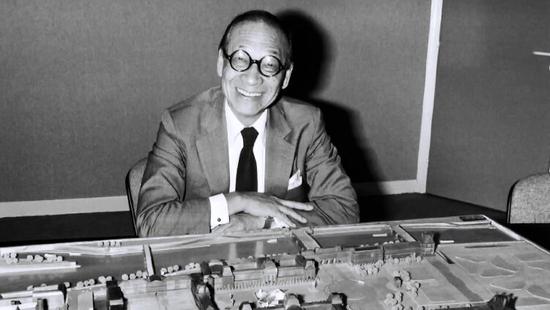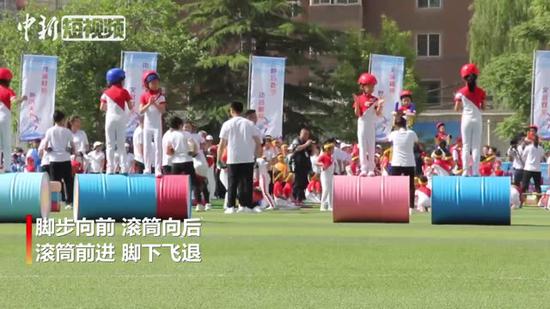Beijing urged Washington on Saturday "not to go too far" in harming China's interests, and called for it to change course to avoid further damaging bilateral ties.
China firmly opposes the United States' recent remarks and actions that harmed China's interests, including its resorting to political means to suppress normal operations of Chinese companies, State Councilor and Foreign Minister Wang Yi said in a phone call with U.S. Secretary of State Mike Pompeo.
History and reality show that China and the U.S. both benefit from cooperating with each other, while both suffer from bilateral conflicts, and cooperation is the only proper choice for the two major countries, Wang said.
The phone call took place days after the U.S. Commerce Department announced on Wednesday it will add telecommunications equipment maker Huawei and its affiliates to the Entity List on Wednesday. Being on the list bars the company from buying U.S. technology without government approval due to security concerns.
On the same day, U.S. President Donald Trump signed an executive order that bars U.S. companies from using telecom equipment from manufacturers considered a national security risk, without mentioning Huawei by name.
Such moves, as well as the increase of tariffs on $200 billion worth of Chinese goods earlier this month, complicated the prospect of continuing the bilateral trade talks that have been ongoing for more than a year.
China has always believed in and hoped to solve trade differences through talks, but such talks should be equal, Wang said. In any talks, China must protect its legitimate interests, heed its people's will and safeguard the basic norms of international relations, he said.
The two countries should follow the direction set by their heads of state, manage differences on the basis of mutual respect and expand cooperation on the basis of mutual benefit, he added.
Ren Zhengfei, founder and CEO of Huawei, told the Nikkei Asian Review on Saturday that the company has not done anything that violates the law, and the ban will have a limited impact on its business.
However, Xiang Ligang, director-general of the telecom industry association Information Consumption Alliance, said the U.S. ban will disrupt the global electronics industry, given the size of Huawei as the world's largest telecom equipment maker and the second-largest smartphone vendor.
Wang Peng, deputy head of think tank China Center for Information Industry Development, said Huawei's chip making arm HiSilicon can help Huawei ensure the sustainability of its business to some extent, and its chip stocks "are expected to provide a buffer of six months to a year".
Huawei said it procured around $70 billion worth of components and services from its 13,000 suppliers worldwide last year, with roughly $11 billion coming from U.S. suppliers.
The U.S. has been voicing the "national security threat" of using Huawei products.
French President Emmanuel Macron said on Thursday that France will allow Huawei to build its 5G network infrastructure while preserving national security, according to Xinhua News Agency.
Huawei launched its 5G smartphone in London on Thursday as mobile network operators prepare to switch on 5G network in parts of the United Kingdom, Xinhua reported.
Also in Saturday's call, Wang Yi urged the U.S. to observe the one-China policy and the three joint communiques between the two countries, and handle Taiwan-related issues carefully and properly.
The U.S. House of Representatives passed a resolution reaffirming the U.S. commitment to Taiwan and the Taiwan Assurance Act of 2019 earlier this month.
Wang noted that China has expressed its firm opposition to the U.S. recent negative remarks and actions related to Taiwan.











